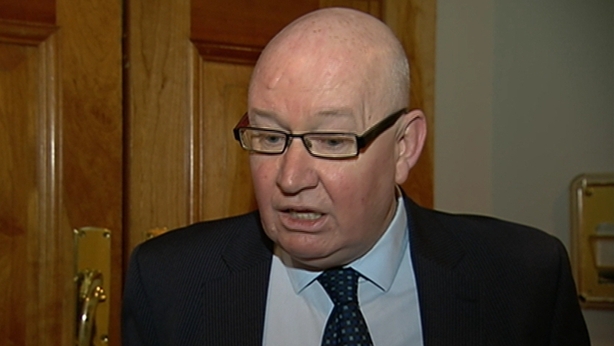The ASTI teachers' union is to ballot its 17,000 members on whether or not to accept proposals aimed at ending the union's dispute with Government.
The ballot will be issued with a recommendation, from the union's 180-member Central Executive Committee, that the offer be rejected.
The Committee made the decision at a meeting held in Dublin today.
The dispute led to several days of school closures over the past two months. Industrial action was suspended three weeks ago to allow conciliation talks to take place.
Members will now be balloted on the outcome of those talks.
The deal offered to the union largely comprises terms already accepted by two other teacher unions, the INTO and the TUI.
They include some increases in pay for more recently qualified teachers.
We need your consent to load this rte-player contentWe use rte-player to manage extra content that can set cookies on your device and collect data about your activity. Please review their details and accept them to load the content.Manage Preferences
Teachers with longer service are also being given the right to opt out of the supervision of students outside of scheduled class times.
The offer is contingent on the union agreeing to be part of the collective public service pay deal, the Lansdowne Road Agreement.
In a statement released this afternoon, ASTI said: "The union will continue to defer its industrial action pending the outcome of the ballot. The ballot will take place in January 2017."

"Teachers have suffered savage cutbacks to education resources, attacks on their pay and conditions, and recently qualified teachers have been singled out for additional cuts," said ASTI president Ed Byrne (above).
"In opposing these measures, ASTI members have had to contend with the Government's unilateral use of the draconian FEMPI legislation against them.
"This has included the removal of improved access to job security for young teachers, the removal of payment in recognition of supervision and substitution work, and the threat of redundancies.
"However despite this, [the] CEC is of the firm belief that the proposals are not acceptable and should be rejected by members," added Mr Byrne.

